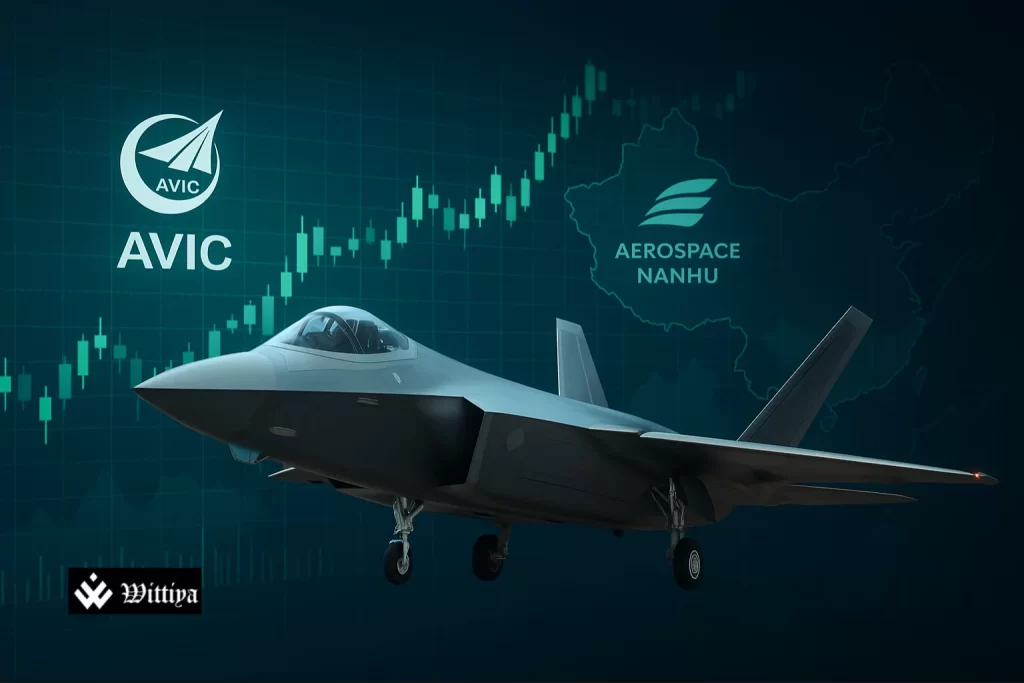Chinese defense stocks, including AVIC Shenyang Aircraft and Aerospace Nanhu Electronic, saw a sharp rally after reports surfaced on June 10, 2025, that Pakistan plans to purchase J-35 fighter jets and other advanced systems from China. This move comes amid renewed geopolitical tensions with India.
Chinese defense stocks experienced a strong rally after news broke that Pakistan is preparing to acquire 40 of China’s next-generation J-35 stealth fighter jets, alongside other high-tech military assets. The proposed deal has significantly boosted investor confidence in companies like AVIC Shenyang Aircraft Company and Aerospace Nanhu Electronic Information Technology, both of which posted double-digit gains in Monday’s trading.
According to a report by Bloomberg, the $6 billion arms deal includes not only the J-35s but also KJ-500 early warning and control aircraft and HQ-19 ballistic missile defense systems. The J-35, developed by AVIC Shenyang and first revealed at the 2024 Zhuhai Airshow, would be sold internationally for the first time under this agreement.
AVIC Shenyang, a major Chinese state-owned aerospace firm, saw its share price hit the 10% daily upper limit on the Shanghai Stock Exchange, marking its third consecutive session of gains and pushing its seven-day rally to over 16%.
The positive momentum extended to other defense sector companies. Aerospace Nanhu Electronic, known for its advanced avionics, rose as much as 15%. Stocks like AVIC Heavy Machinery, Inner Mongolia First Machinery Group, Jiangxi Hongdu Aviation Industry, and AVIC Chengdu Aircraft also reported gains between 2% and 4%. The Hang Seng China A Aerospace & Defence Index climbed nearly 2%.
This surge comes amid escalating geopolitical tensions between India and Pakistan, which reignited in May 2025. Pakistan’s social media announcement regarding the arms deal follows recent military confrontations along the border. Earlier in May, Chinese defense stocks spiked when Pakistan alleged that Chinese-made J-10C jets downed six Indian aircraft—a claim that India strongly denied before launching Operation Sindoor, a series of airstrikes deep into Pakistani territory.
The renewed interest in Chinese military exports underscores China’s growing influence in global arms markets and reflects the country’s efforts to expand its defense technology footprint.
With the J-35 potentially entering foreign service, China not only strengthens its strategic ties with Pakistan but also positions itself as a direct competitor in the fifth-generation fighter jet market—traditionally dominated by the US, Russia, and select European nations.
As the geopolitical situation evolves, market volatility in Chinese defense stocks is expected to continue, closely tracking developments in South Asia.
